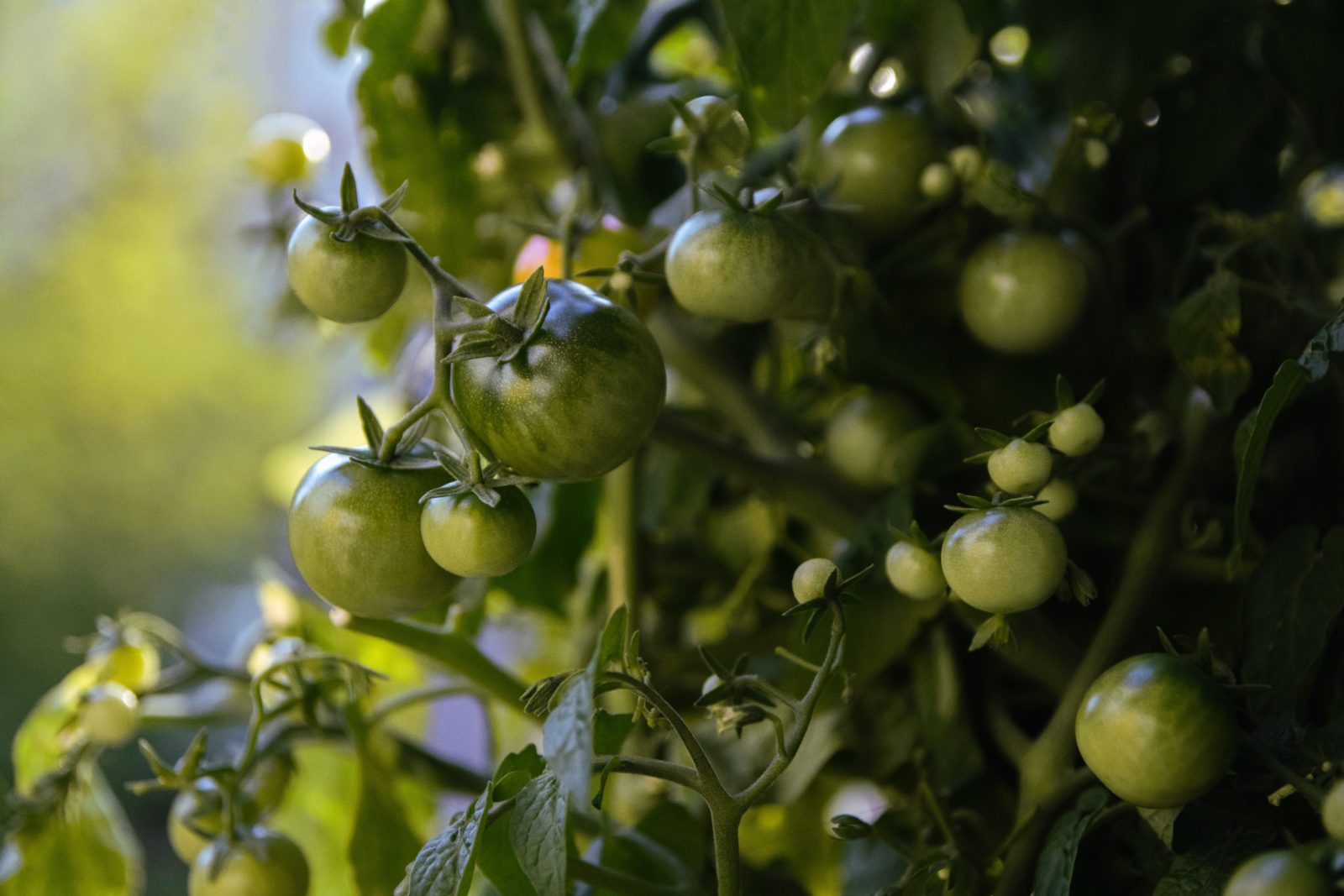The Value Added Tax (VAT) on food in the Czech Republic has dropped from 15% to 12% since the start of this year. Supermarkets have reflected this reduction in their prices to some extent. However, consumers may still encounter higher prices for items like eggs, butter, and oranges at the same retail chain than just a few weeks ago. Analysts do not anticipate any significant, long-term price reductions.
In the New Year, supermarkets have sometimes lowered prices in response to the VAT decrease. Yet, the end-of-year price increase means current prices may be similar to last November’s. Items like eggs, oranges, bananas, and butter have become more expensive. On the other hand, some shops kept their prices unchanged for non-alcoholic beverages in January, where the VAT increased from 15% to 21%.
Looking at price changes in practice, for instance, in Albert supermarket on Prague’s Vinohrady, the price of a roll has decreased from the end of December by ten cents to 3.30 CZK, and a blueberry yogurt by 30 haléřů to 9.60 CZK. A liter of milk has reduced from 22.90 to 22.30 CZK, and the price of the exotic fruit kaki has dropped from 17.90 to 17.40 CZK.
However, in December, you could buy ten eggs from the poultry for 29.90 CZK in Albert. Now, the cheapest package is for 48.60 CZK. Oranges and bananas have almost doubled in price.
In conclusion, while any price reduction is welcome, food and drinks have generally become more expensive over the past three years, increasing by a third. Economists do not expect a return to former prices. “We do not anticipate a more substantial and widespread reduction in prices. Retailers will try to claim part or all of the revenue from the tax reduction and will justify it mainly by rising energy prices,” says Lukáš Kovanda, an economist at Trinity Bank.





